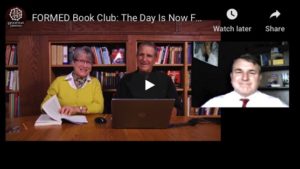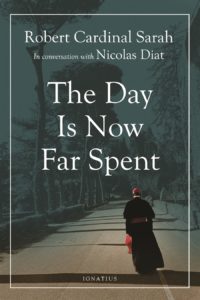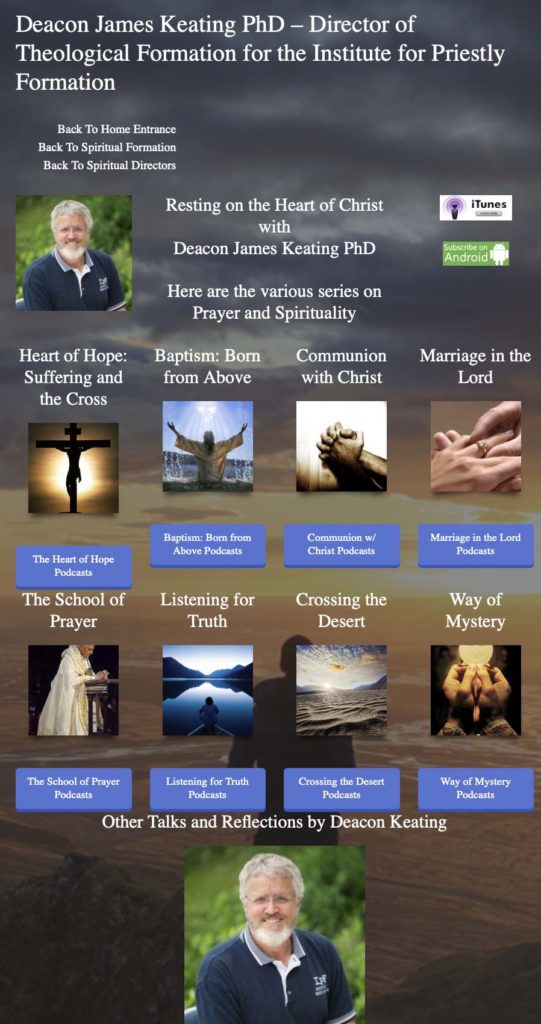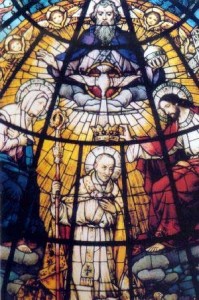Podcast: Play in new window | Download (Duration: 28:55 — 19.9MB) | Embed
Subscribe: Apple Podcasts | Spotify | Amazon Music | Android | Pandora | iHeartRadio | JioSaavn | Podchaser | Gaana | Podcast Index | Email | TuneIn | Deezer | Anghami | RSS | More
 In this episode, Dr. Lilles discusses the Sixth Mansions Chapter 3 part 2 of the “Interior Castle” which covers:
In this episode, Dr. Lilles discusses the Sixth Mansions Chapter 3 part 2 of the “Interior Castle” which covers:
TREATS OF THE SAME SUBJECT AND OF THE WAY GOD IS SOMETIMES PLEASED TO SPEAK TO THE SOUL. HOW WE SHOULD BEHAVE IN SUCH A CASE, IN WHICH WE MUST NOT FOLLOW OUR OWN OPINION. GIVES SIGNS TO SHOW HOW TO DISCOVER WHETHER THIS FAVOUR IS A DECEPTION OR NOT: THIS IS VERY NOTEWORTHY3
1. Locutions. 2. Sometimes caused by melancholia. 3. Caution needed at first. 4. Locutions frequently occur during prayer. 5. Resist those containing false doctrine. 6. First sign of genuine locutions. 7. Effect of the words: ‘Be not troubled.’ 8. ‘It is I, be not afraid.’ 9. ‘Be at Peace.’ 10. Second sign. 11. Third sign. 12. The devil suggests doubts about true locutions. 13. Confidence of the soul rewarded. 14. Its joy at seeing God’s words verified. 15. Its zeal for God’s honour. 16. Locutions coining from the fancy. 17. Imaginary answers given to prayer. 18. A confessor should be consulted about locutions. 19. Interior locutions. 20. First sign of genuine interior locutions. 21. Second sign. 22. Third sign. 23. Fourth sign. 24. Fifth sign. 25. Results of true locutions. 26. They should remove alarm. 27. Answer to an objection.
For the Discerning Hearts audio recording of the “Interior Castle” by St. Teresa of Avila you can visit here
 For other audio recordings of various spiritual classics you can visit the Discerning Hearts Spiritual Classics page
For other audio recordings of various spiritual classics you can visit the Discerning Hearts Spiritual Classics page
For other episodes in the series visit
The Discerning Hearts “The Interior Castle with Dr. Anthony Lilles”
Anthony Lilles, S.T.D. is an associate professor and the academic dean of Saint John’s Seminary in Camarillo as well as the academic advisor for Juan Diego House of Priestly Formation for the Archdiocese of Los Angeles. For over twenty years he served the Church in Northern Colorado where he joined and eventually served as dean of the founding faculty of Saint John Vianney Theological Seminary in Denver. Through the years, clergy, seminarians, religious and lay faithful have benefited from his lectures and retreat conferences on the Carmelite Doctors of the Church and the writings of St. Elisabeth of the Trinity.




 The Final Part: on Hope and What We Can Do
The Final Part: on Hope and What We Can Do









